
Betraying Abuja’s green soul
The Federal Capital Territory’s green belts were designed as flood buffers and cooling lungs. But under its current leadership, they are becoming patronage spoils.

The Federal Capital Territory’s green belts were designed as flood buffers and cooling lungs. But under its current leadership, they are becoming patronage spoils.

What connects Zimbabwe’s chimurenga spirit, the disappearing bateleur eagle, and the stubborn afterlife of colonial capital?

A redevelopment project in Nairobi’s Ngara district promises revival—but raises deeper questions about capital, memory, and who has the right to shape the city.

Long dismissed as apathetic, Kenya’s youth forced a rupture in 2024. As the 2027 election approaches, their challenge is turning digital rebellion and street protest into political power.

Nigeria’s insecurity cannot be solved by foreign airstrikes or a failing state, but by rebuilding democratic, community-rooted systems of collective self-defense.

The shooting and prolonged detention of Serrote José de Oliveira expose how Angola’s legal order is not merely breaking down, but being deliberately replaced by a system of impunity and police power.

From colonial accounting tricks to modern tax havens, Nkrumah understood how capital escapes, and why political independence was never enough.

In Chad, domestic labor between Chinese employers and local workers unfolds in private spaces where rules are missing and conflict fills the gap.

The passing of Raila Odinga has unsettled Kenya’s political equilibrium, exposing a crowded field of veterans, opportunists, and activists, alongside a growing generational demand to reclaim power from an aging elite.

At the UN’s annual Western Sahara debate, everyone gets heard except the Sahrawis themselves.
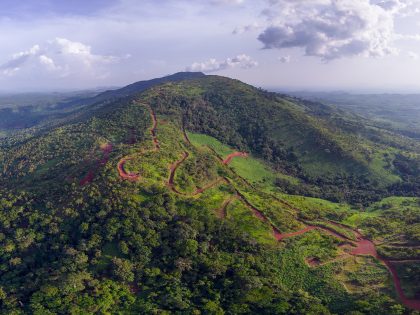
A $20 billion iron ore mega-project is reshaping Guinea’s economy and politics, but communities in Simandou say they still lack water, electricity, and accountability.
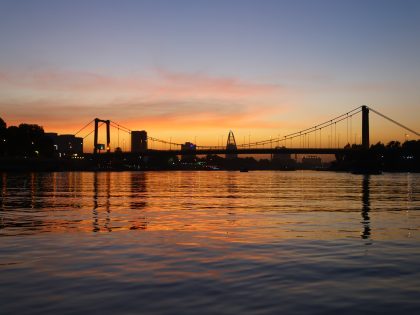
Khartoum’s recovery is not a national recovery. Until Sudan confronts the violence that has long been concentrated outside the capital, 'liberation' will remain a hollow word.
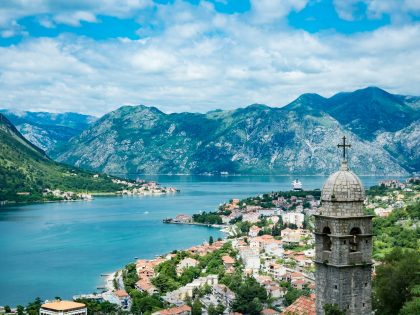
What began as a revenue lifeline for small island states has become a global market where the wealthy buy mobility and sovereignty itself becomes a commodity.
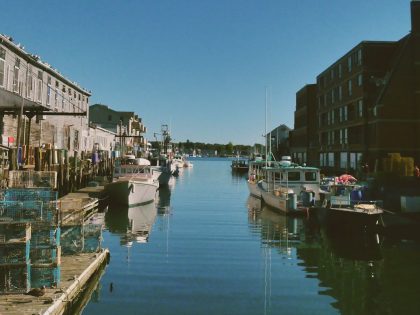
The economic emancipation of the American working class cannot come at the expense of the global working class.

The post-colonial settlement has left Africa vulnerable to conflict, external pressure, and intellectual dependency. What comes next?
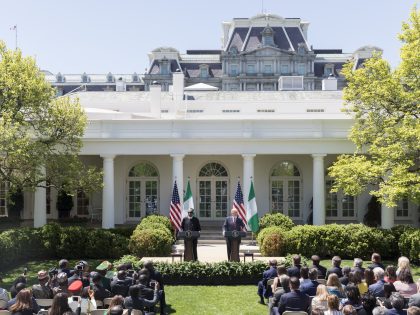
Trump’s threats of military action against Nigeria are not about Christian genocide, but are about rare earths, China, and the scramble to control Africa’s mineral future.
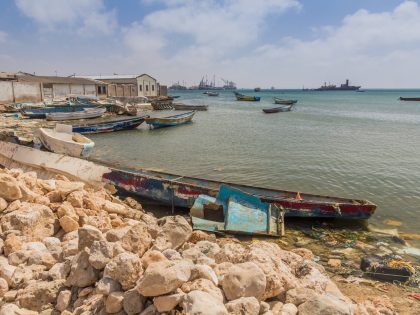
Half a century after the Soviets built their base on the Gulf of Aden, the same strategic coastline is once more drawing in foreign powers, old and new.
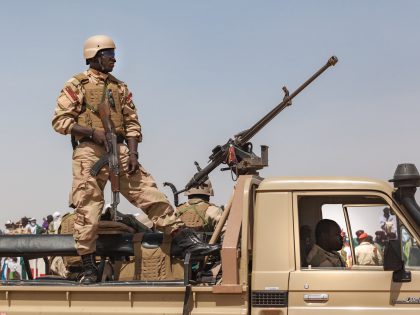
Across the continent’s new coup belt, young officers are stepping into power, casting themselves as guardians against corrupt civilian elites.
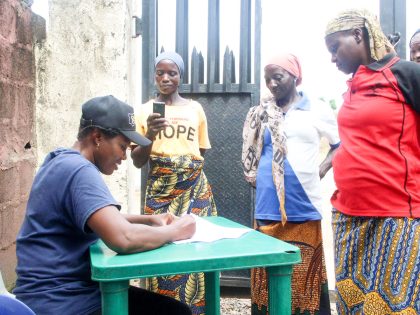
Trump’s aid cuts have gutted HIV programs across Nigeria—forcing local women-led groups to rebuild health and dignity from below.
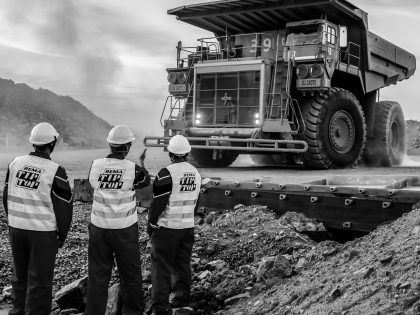
Africa’s first G20 presidency could mark a turning point for the continent—or simply another performance of green-washed extraction led by mining elites.